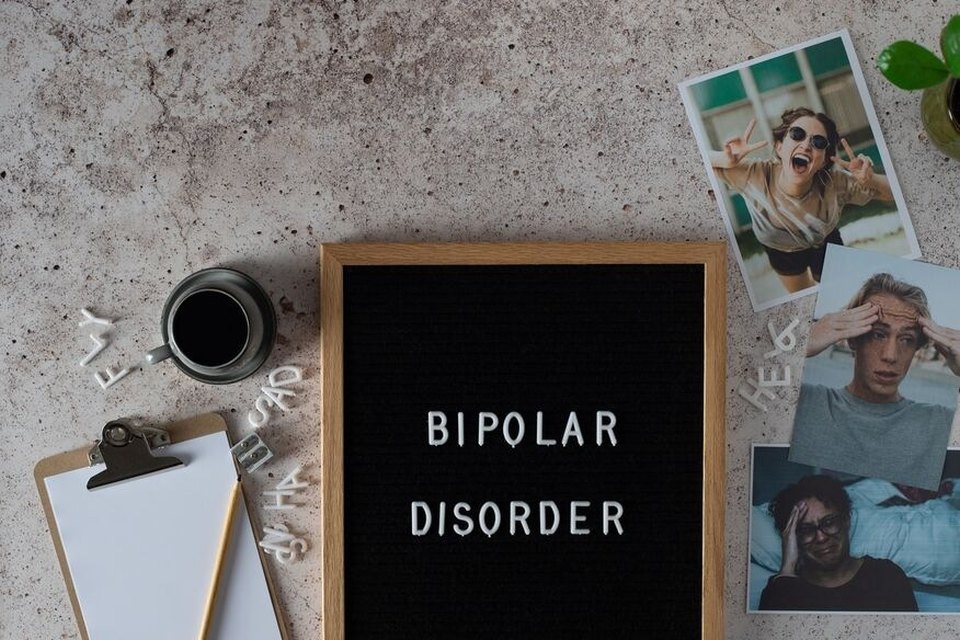Strategies for Diffusing Bipolar Rage
Bipolar disorder, formerly known as manic depression, is a mood disorder that affects how you feel and react to your environment, as well as how you relate to others. It is characterized by dramatic mood swings between manic highs and depressive lows. These mood swings can disrupt your life, the life of your loved ones, and make you feel as though you are living on an emotional rollercoaster over which you have no control. What are bipolar cycles? During the manic cycle of bipolar disorder, your confidence tends to soar, and you may have an exaggerated sense of well-being. Your thoughts race, you feel wired, your energy level may be so high you can’t stop moving or doing, and you don’t get much sleep. Lack of sleep can, in turn, impair your judgment and lead you to make unwise decisions such as going on a buying spree or making foolish investments. At first, you may enjoy the feelings of euphoria and the ability to be more productive this cycle brings, but it will end with an emotional crash when the pendulum swings to the depressive side, and your highs are turned into lows. During the depressive cycle, you are likely to withdraw and to feel lethargic, hopeless, sad, worthless, apathetic, and disinterested in activities you normally enjoy. You may also feel fatigued, have trouble sleeping or sleep too much, find it difficult to think straight, and even contemplate suicide. What is bipolar rage? Although anger isn’t a symptom of bipolar disorder per se, irritability is. People with bipolar disorder seem to be more vulnerable to extreme responses, such as impulsive, irrational outbursts, than are people who don’t have the disorder. Bipolar rage is impetuous, intense, erratic, and volatile. Little things, like being asked a simple question, may make you [...]




